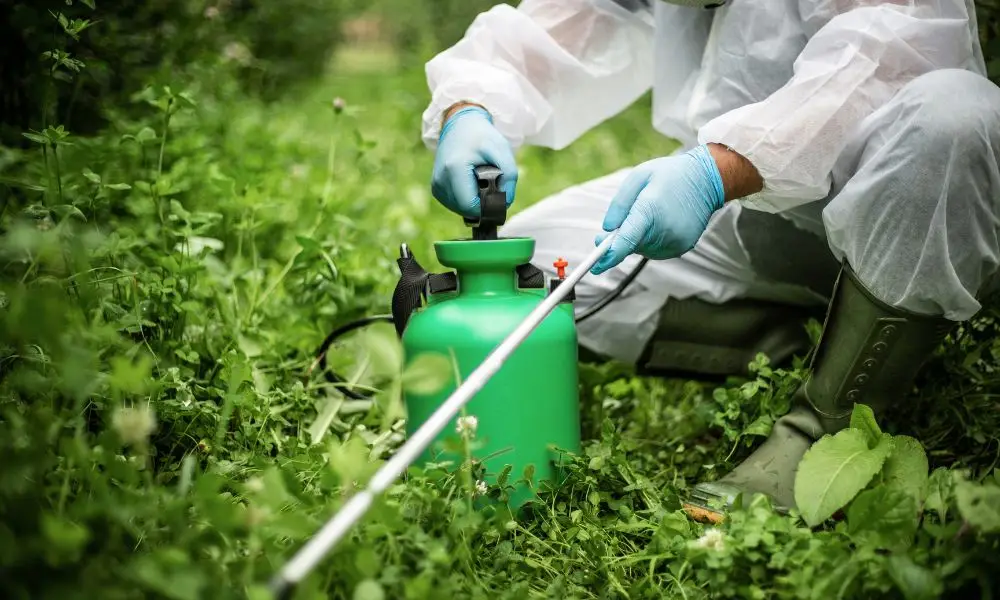Strengthening Food Safety: Pesticide Monitoring in India

The safety of food is a pressing concern in India, particularly regarding pesticide residues. Recently, the Union Minister of State for Health and Family Welfare, Shri Prataprao Ganpatrao Jadhav, inaugurated the National Stakeholder Consultation on Challenges in Monitoring Pesticide Residues in Food Commodities. This event, organized by the Food Safety and Standards Authority of India (FSSAI), aimed to address the critical issues surrounding pesticide use in agriculture and its impact on public health. The consultation gathered various stakeholders, including government officials, scientific experts, and representatives from farmer organizations, to discuss strategies for improving food safety across the nation.
The Need for Stricter Monitoring
During the consultation, Minister Jadhav emphasized the urgent need for a nationwide strategy to monitor pesticide residues in food. He called for collective efforts from all stakeholders to promote best practices in food safety and sustainability. The minister pointed out that the current practices in pesticide monitoring require a thorough review. He advocated for the creation of a robust mechanism to tackle the challenges posed by pesticide residues.
Agriculture plays a vital role in sustaining millions of livelihoods and ensuring food security in India. With farmers increasingly adopting new technologies, there is a significant opportunity to educate them about the responsible use of pesticides and Good Agricultural Practices (GAPs). Jadhav stressed that collaboration among stakeholders is essential to devise an effective action plan aimed at minimizing pesticide residues in food commodities. This collaborative approach is crucial for ensuring that the food produced is safe for consumption and meets health standards.
Addressing Public Health Risks
Union Health Secretary Ms. Punya Salila Srivastava highlighted the public health risks associated with the indiscriminate use of pesticides. She underscored the importance of strengthening monitoring systems and raising public awareness about pesticide use. The goal is to ensure that every individual has access to safe food.
The consultation aimed to identify gaps in the current monitoring systems and develop actionable strategies to protect public health. The emphasis was on creating a framework that not only addresses pesticide residues but also promotes overall food safety. The discussions included the need for better education for farmers regarding pesticide use and the importance of adhering to safety standards. By focusing on these areas, the consultation sought to lay the groundwork for a healthier food supply chain in India.
Collaboration Across Sectors
The event brought together key stakeholders from various sectors, including government officials, scientific experts, and representatives from industry associations. This diverse representation was crucial for fostering collaboration on best practices and innovative solutions. Shri Devesh Chaturvedi, Secretary of the Ministry of Agriculture and Farmers’ Welfare, addressed the issue of spurious pesticides in the market. He advocated for the judicious use of pesticides to protect consumer health.
Shri Subrata Gupta, Secretary of the Ministry of Food Processing Industries, echoed the need for collaboration among all stakeholders in the food value chain. He pointed out that pesticides not only pose health risks but also affect commerce negatively. The consultation featured technical sessions and panel discussions that focused on global regulatory frameworks and national-level challenges in monitoring pesticide residues. Experts discussed the importance of aligning India’s Maximum Residue Limits (MRLs) with international standards while considering the unique agricultural conditions of the country.
Future Directions for Food Safety
The National Stakeholder Consultation on Pesticide Residues marks a significant step towards enhancing food safety in India. By addressing the challenges of monitoring pesticide use, the consultation aims to create a coordinated approach to food safety. The discussions highlighted the need for expanding national surveillance programs and enhancing laboratory capacities to ensure compliance with safety standards.
The consultation also emphasized the importance of educating farmers and promoting sustainable alternatives, such as bio-pesticides and Integrated Pest Management (IPM). These measures are essential for minimizing health risks and overcoming trade barriers related to pesticide residues. The insights and recommendations gathered during this consultation will contribute to developing more robust policies and action plans for improving pesticide residue monitoring in India. Ultimately, the goal is to ensure that all citizens have access to safe and healthy food, thereby protecting public health and promoting sustainable agriculture.
Observer Voice is the one stop site for National, International news, Sports, Editor’s Choice, Art/culture contents, Quotes and much more. We also cover historical contents. Historical contents includes World History, Indian History, and what happened today. The website also covers Entertainment across the India and World.

